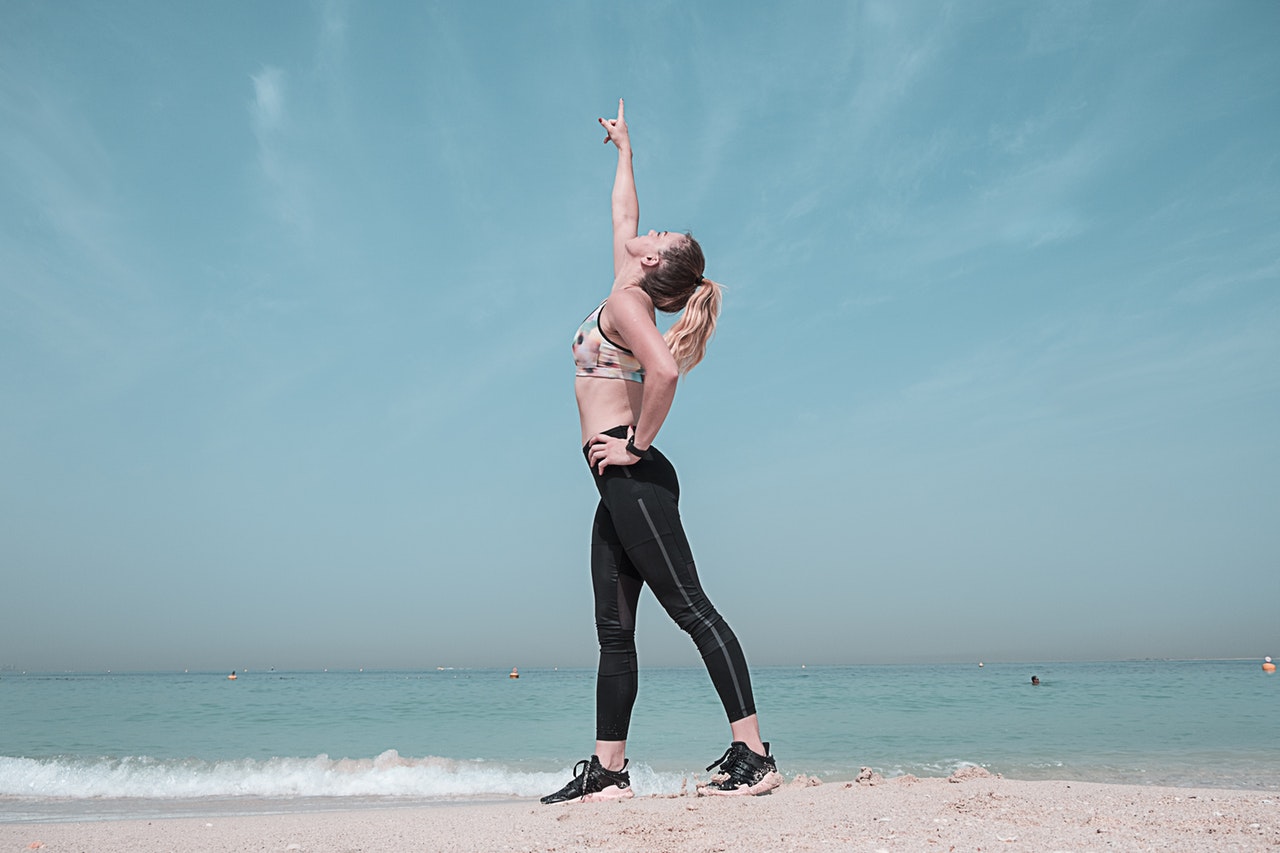
If you’ve ever scrolled through Instagram, at some point you have probably seen that there are many Instagram fitness examples. These “Insta fit” girls (and guys) clad in a wide variety of brightly-colored spandex gym attire, flaunting supplement sponsorships and perfect abs. If you follow these accounts, you can gain what seems to be an inside look into these über fit Insta-celebs’ daily lives, including diets and workout routines.
While many of these people no doubt worked hard to achieve the bodies that so many people covet, there is a lot that they don’t show the outside world, and a lot of what they do show is not truly helpful to those trying to learn how to engage in a safe and effective healthy lifestyle.
Lack of knowledge. This is the first thing that I notice when I browse through the Insta-fit community. Many influencers do not write their own workout programs, and hardly any are certified in personal training or any other area of expertise related to exercise. Accordingly, many don’t know the basics of proper form and exercise technique, yet they are showing thousands and sometimes millions of others how to have bad form just like them.
While these influencers and many others may be able to get by while practicing bad technique because of their youth, eventually the human body will lose its resilience and start to feel the ill effects of these mistakes. Even for those who are not prone to injuries or pain, it is important to learn correct exercise technique as early as possible.
Because of this, it is best to take exercise tips only from qualified professionals with a scientific educational background.
Another frustration that I have with social media fitness is a lack of transparency. Influencer feeds are peppered with promises of results stemming from the use of certain herbs and supplements, workouts that don’t do what influencers say they will, and statements that genetics had nothing to do with their aesthetic achievements.
While there are a smattering of educated and qualified fitness influencers out there, it is important to know that they are few and far between and to be selective when choosing from whom to take diet and exercise advice.
When choosing who to trust, one should pay attention not to who has the most attractive workout apparel or posts the showiest workouts. Rather, look for a CPT, CSCS, DPT certification, or exercise science/ kinesiology degree from an accredited university.
These people may not have the flashiest photos and videos or tell you exactly what you want to hear, but their knowledge and insight will be the most helpful to those who are truly motivated to discover their healthiest selves.



